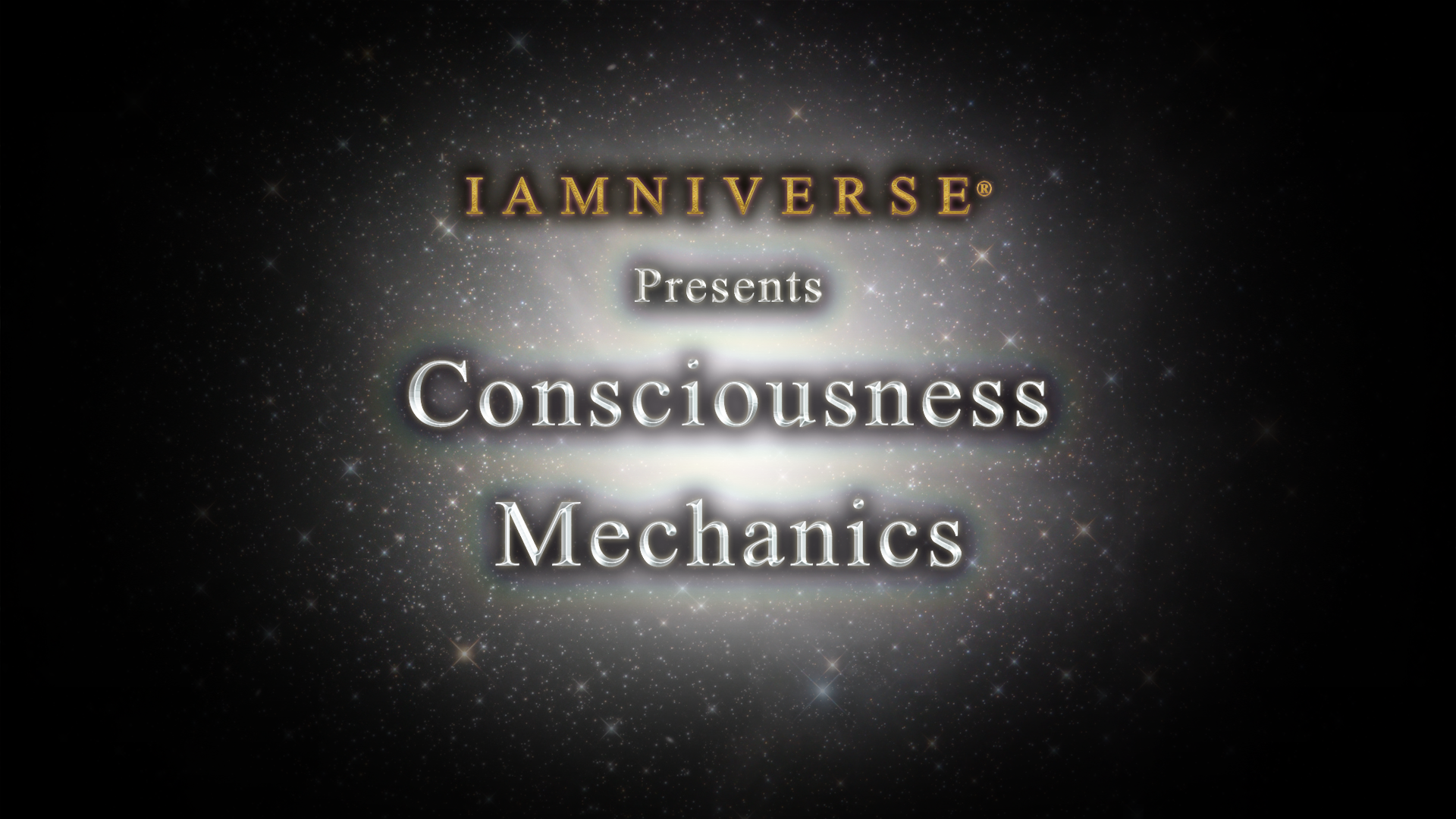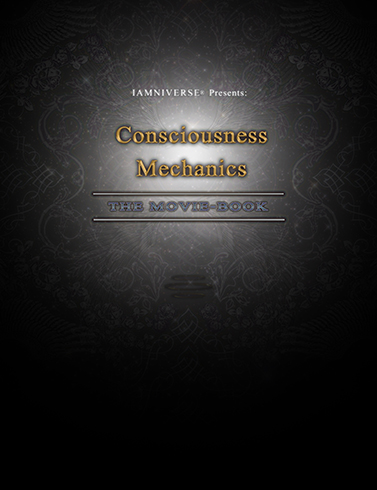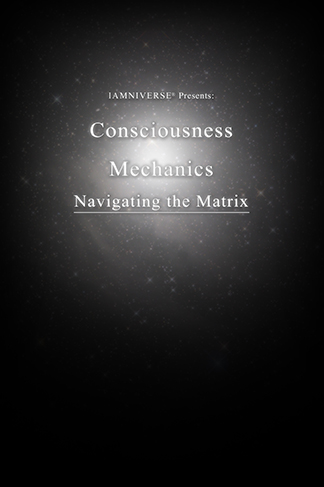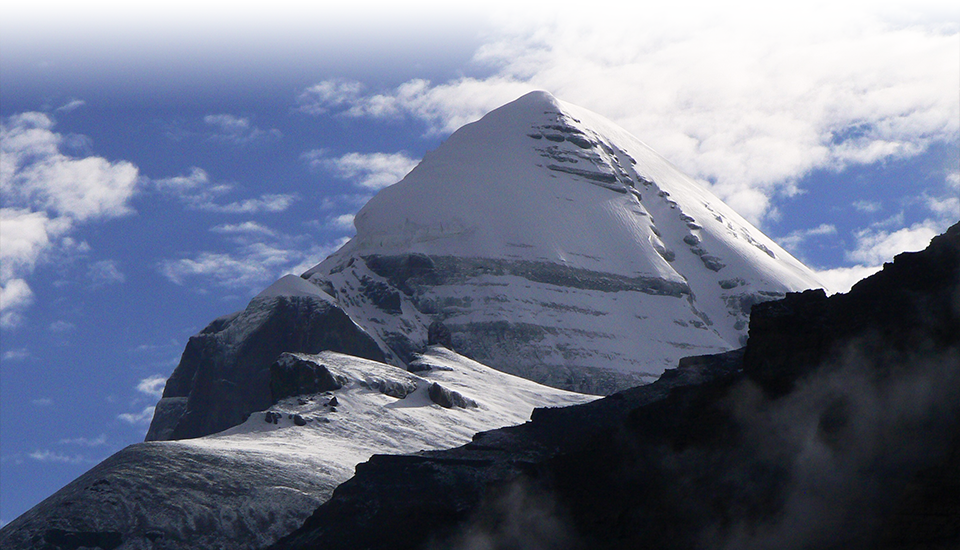Consciousness mechanics (CM) is a natural science explaining matter’s interaction with force, and the observer’s relationship to that phenomenon, with a focus on the observer. This is neither metaphysics nor pseudoscience, both of which are constructs people invent because they can’t handle reality, or can’t explain something in relation to the established natural sciences. A true natural science is the explaining of what already exists, and isn’t about making up nice-sounding ideas because they sound nice. Unfortunately, this “let’s just make it up” sentiment has infiltrated certain physics principles as well, as seen in superstring theory and the Standard Model, wherein it’s not based on experimental, if-you-really-knew-what-you-were-talking-about-it-should-translate-into-technology-because-its-about-physical-objects data, and is moreso based on pretentiously complex math.
I’ve made a video series for CM, and it explains various concepts in-depth. The videos always have new content even if it’s the same subject from the movie, so even if you’re a mild CM fan you’ll still want to watch them all to not miss out. There’s always a creative angle, twist, or major component added worth viewing, and unlike the movie, this series can be updated regularly, so it functions as an official port of groundbreaking CM info.
Fun fact: The video series came out at the time of the original movie years ago, and has gone through different short-lived reboots. Now I’m actually comfortable with the video format, although, I may reboot it again in the future with more CGI if I get a team to produce it for me. One thing I love about the current format is that I can straightforwardly make it how I wish without going through middlemen and having to give directions. #CM4lyfe

Consciousness Mechanics: The Movie isn’t a live action drama with fancy actors and actresses. It isn’t story driven. It’s a beautifully simple, one hour and forty-six minute diving into the nature of your consciousness, and the basic mechanisms of change that is creating the reality before you, right now.
Fun backstory: This version is upgraded compared to the first version, but I made it after having dropped out of college (I never really went, I was there for a semester just to entertain my parents and because I wanted to see how much fun I could have), gracefully quitting my jobs (You gotta honor those stepping stones!), and just believing that I—like everyone in the world—had a gift to give people, and thus let my creative process unfold. Long story short, a year or two out of high school I got depressed, realized the universe is alive and that we are it, made Iamniverse and CM, and one of the first things I felt drawn to do was make a movie that housed all that info. I sacrificed a thriving social life (I was kind of forced to because of a personal drama wherein I had no other logical choice) and spent countless days and nights learning more about what we are, going within, taking notes on the nature of my consciousness, and seeing how I could translate it without fluff in an easy-to-understand way. After all the blood, sweat, tears, and beers, this is what became. It’s my baby, alongside Navigating the Matrix. This movie is a perfect introduction to consciousness mechanics.

Consciousness Mechanics: The Movie-Book is an extended version of the movie in book form, complete with more diagrams and tons of new info. It’s the movie on steroids, super saiyan 4 oozaru with the infinity gauntlet.

Consciousness Mechanics: Navigating the Matrix is my first spiritual book, which I originally made when I was like 21. It plumbs the depths of the human experience in many, many ways, ranging from the nature of spacetime to the nature of happiness. It explains depression (there are different types), which is an issue for most people that modern science has no real remedy for (popping pills isn’t a remedy). Navigating the Matrix explains various topics regarding the structure of the human reality experience, and has unique, pathbreaking info about the mind. It takes consciousness mechanics, goes more in depth than the movie, then delves into how you can practically use this information in your life. It even has diagrams for those more visually inclined. It’s a timeless masterpiece you’ve got to see to believe, and is just an overall great read.
If you haven’t already noticed, it’s my favorite book. It’s funny because I spent so much energy making it, I kind of got sick of it. Now I never talk about it, rarely think about it, and commonly forget what’s even it! :) I find most books boring and a chore to read, but this book is different. And although I mostly never read it, (I’m traumatized from having to proof-read it a bunch of times) whenever I do, I actually, genuinely enjoy it, which is a pretty amazing experience for someone who’s not a “book person.” I love, love, love this book, and I know from feedback I’ve received I’m not the only one. Check it out if you enjoy CM. Check it out if you don’t.





